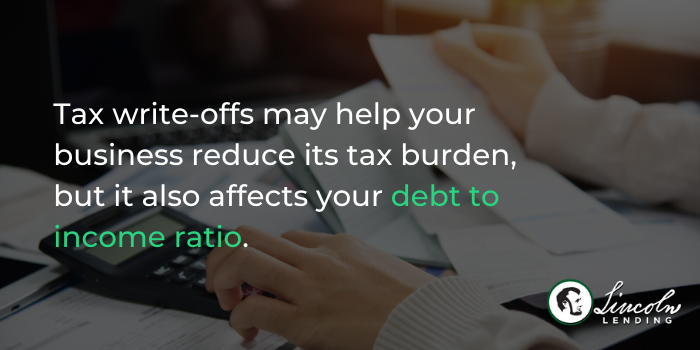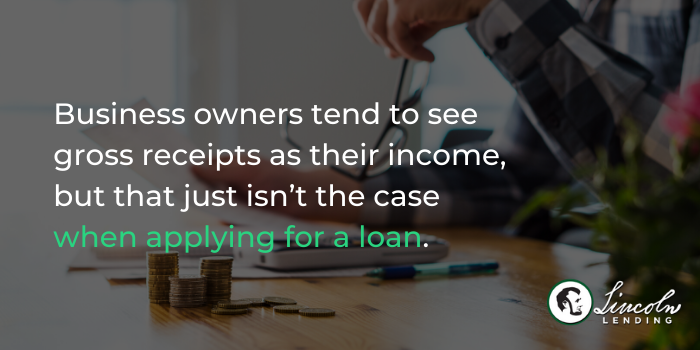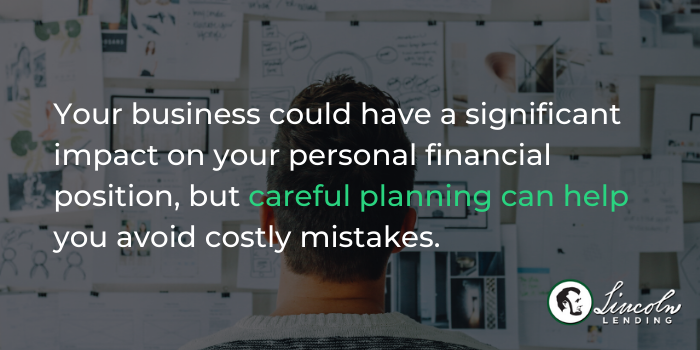You’ve been running your own company in Oklahoma for a while and are confident in the stability of your business. Now you want to fulfill the next dream of owning your own home. Unfortunately, many business owners learn too late that their early business decisions have negatively impact their future plans for homeownership. Read on for three reasons why.
1. Improper Planning
To qualify for a home loan, you need to have at least two years of documented income. Lenders are looking for business success and stability. You should be prepared to present documentation for both business income and taxes. Lenders will also need a current year-to-date profit and loss statement to show that the business is on track to at least maintain its profit for the current year.
Tax write-offs may help your business reduce its tax burden, but it also affects your debt to income ratio. Write-offs lowers your income, which may make it more difficult to qualify for the home loan that you want.

Lenders view credit scores for a business owner in the same way that they would for a non-business owner. However, a business owner may need a higher score if he or she is utilizing a non-traditional program, such as a bank statement program.
Bank statement programs allow businesses to verify their income by showing 12 - 24 months of bank statements with regular deposits. Such a program is an alternative to the typical requirement for two years of tax returns.
2. Common Misconceptions
Sometimes, misconceptions can lead business owners down the wrong path, which makes homeownership more difficult. Some common misconceptions about home loans are:
You qualify for a loan as soon as your business makes a profit
The average business struggles to make a profit for the first few years. When the business takes off, the owners often think that now they will qualify for a home loan. Unfortunately, home loan qualification is usually based on the average of your two most recent years of income. The lower income amount in your start-up year(s) can significantly reduce your average, making it difficult to secure the loan that you desire.
Gross receipts = income
Business owners tend to see gross receipts as their income, but that just isn’t the case when applying for a loan. A business owner may claim to have made $100,000, but that may not be a true representation of the business’s profit. For example, if your gross receipts are $100,000 and your expenses and write-offs were $80,000, then your profit is only $20,000. When applying for a mortgage, a lender would consider your income to be $20,000, not $100,000.

Business experience shortens the timeline
Often, people take over businesses after years of experience as an employee. These new business owners sometimes expect to be immediately eligible for a home loan. Unfortunately, you are considered self-employed as soon as you buy or take over a business. Lenders require two years of income and taxes from the date you became self-employed to qualify for a home loan.
Filing a W-2 yourself increases eligibility
“What if I file a W-2 myself?”
If you own more than 25% of the business and pay yourself W-2 income, lenders cannot count it toward your income unless you have a two year business history. Exceptions are when you own less than 25% of the business or you are paid by an actual corporation, not the LLC in which you are more than 25% owner.
3. Lack of Capital
Some business owners dump all of their cash into the business. While it may help the business survive, it also makes the owner a little short on money for down payments, closing costs, moving expenses, etc. The good news is that you are allowed to use money from the business account for your home down payment as long as your accounting professional verifies that pulling cash from the account won’t be detrimental to the business.
If you purchase something for the business on credit, it could impact your personal finances. You may be personally liable for the debt unless you can show 12 months of payments from the business account.
Business owners have additional considerations when buying a home. Your business could have a significant impact on your personal financial position, but careful planning can help you avoid costly mistakes. 
If you’re considering homeownership, your first step should be to meet with your lender to discuss your company and finances. Click below to schedule a free, no-obligation meeting with one of our Loan Officers to start planning for your home purchase today.


